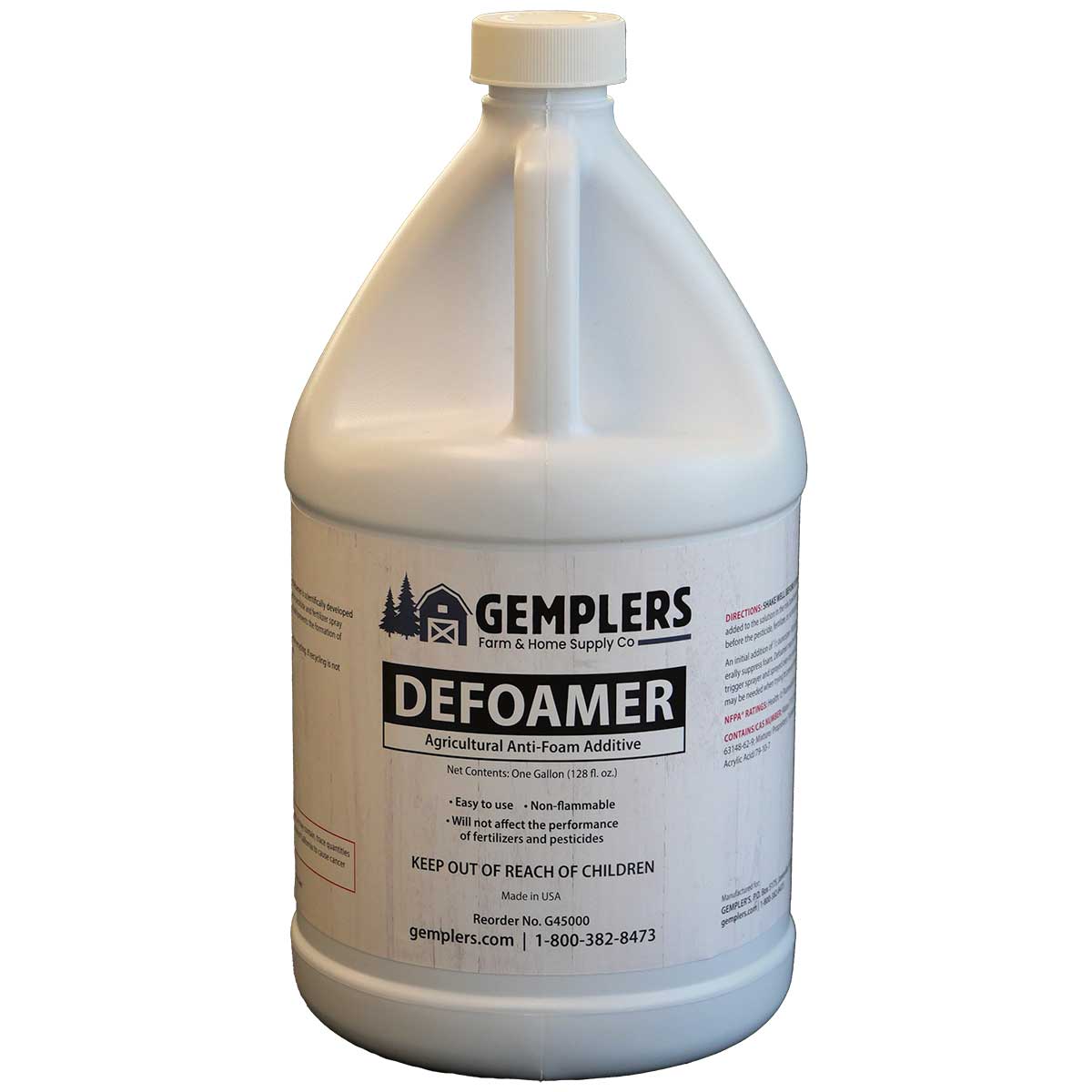How Defoamers Are Used to Prevent Foam in Food and Beverage Production
How Defoamers Are Used to Prevent Foam in Food and Beverage Production
Blog Article
The Function of Defoamers in Enhancing Item Quality and Efficiency
In various making procedures, the presence of foam can dramatically prevent item high quality and operational efficiency. Defoamers function as crucial ingredients that mitigate this issue, making sure smoother manufacturing workflows while enhancing the practical and visual features of the end products (defoamers). Their application spans a wide range of industries, from food and drink to pharmaceuticals, where uniformity and reliability are critical. The option of the suitable defoamer can be essential to accomplishing optimal outcomes, raising essential concerns regarding formula compatibility and efficiency metrics that warrant more exploration.
Understanding Defoamers
Recognizing the role of defoamers is vital for keeping product high quality across various markets. Defoamers are chemical ingredients developed to prevent the formation and lower of foam in liquid systems, which can negatively affect processes such as blending, filling, and surface area tension. Frothing can result in ineffectiveness, item problems, and jeopardized aesthetic appeal, making defoamers a vital part in making procedures.
In industrial applications, defoamers aid to boost product consistency and stability. For instance, in the paint and coverings sector, foam can disrupt the application process and the last surface. In food and drink production, excessive foam can prevent bottling and packaging effectiveness. The effective usage of defoamers not only guarantees smoother manufacturing procedures yet additionally adds to superior item efficiency.
Furthermore, the option and formulation of a defoamer have to align with specific application needs, such as compatibility with other components, effectiveness under differing temperature and pH problems, and prospective governing constraints. Ultimately, recognizing defoamers' features and their value in various formulas is crucial for optimizing production and making sure the highest top quality final product.
Types of Defoamers
Defoamers can be categorized right into a number of types based upon their structure and mechanism of action. The primary kinds include silicone-based, non-silicone natural, and not natural defoamers.
Silicone-based defoamers are amongst one of the most efficient, mostly as a result of their capability to spread out rapidly on the liquid surface and interfere with foam formation. Their distinct chemical structure permits for remarkable security, making them ideal for high-temperature applications and settings with varying pH degrees.
Non-silicone natural defoamers, frequently composed of fatty acids or all-natural oils, are valued for their biodegradability and reduced toxicity. These are usually made use of in food and beverage applications where safety and security and environmental effect are extremely important.
Inorganic defoamers, which consist of materials like talc or calcium carbonate, act by raising the thickness of the fluid, therefore reducing foam security. They are often made use of in commercial procedures where compatibility with various other materials is not a worry.
Each kind of defoamer has unique advantages and limitations, permitting customized options depending upon the certain lathering issues encountered in various applications. Recognizing these distinctions is critical for maximizing efficiency and accomplishing desired item top quality.
Applications Across Industries
Various industries utilize defoamers to improve product quality and functional effectiveness. In the food and drink market, defoamers are important in processes such as developing and dairy products manufacturing to avoid foam formation, which can bring about ineffectiveness and product incongruity. By managing foam, manufacturers can make certain much better return and a much more consistent product.
In the pharmaceutical industry, defoamers play an essential function in the formulation of fluid medications, where extreme foam can impede blending and accurate dosing. Their usage helps preserve the integrity of the formulas and facilitates smoother production procedures.
The paint and coverings sector also relies upon defoamers to improve the performance of items during application. By reducing foam, these ingredients ensure a smoother surface and boost the aesthetic high qualities of the end product.

Benefits of Using Defoamers
While the application of defoamers differs throughout sectors, their advantages constantly improve product high quality and process efficiency. One significant benefit is the decrease of foam development during manufacturing processes, which can or else bring about manufacturing delays and disparities in product top quality. By decreasing foam, defoamers make it possible for a smoother circulation of materials, helping with more reliable procedures and minimizing the possibility of equipment breakdowns.
Furthermore, making use of defoamers can enhance the appearance and texture of end products. In industries such as finishes, paints, and food handling, extreme foam can compromise the visual appearances and general quality, while the ideal defoamer application makes certain an uniform finish and preferable qualities. Furthermore, defoamers can add to cost financial savings by reducing waste during manufacturing and optimizing the usage of basic materials (defoamers).

Choosing the Right Defoamer
Choosing the best defoamer is vital for enhancing manufacturing processes and making sure product high quality. The Check Out Your URL choice of defoamer influences not just the performance of foam control yet additionally the total efficiency characteristics of the end product. Variables to consider include the sort of application, the chemistry of the solution, and the ecological problems under which the item will certainly be utilized.
Different industries might call for certain defoamer types, such as silicone-based, organic, or polymeric defoamers. Understanding the compatibility of the defoamer with the key active ingredients is vital to stay clear of negative reactions that can jeopardize product honesty. In addition, the defoamer's efficiency in different temperatures and pH levels have to be examined to guarantee regular efficiency.
Checking the defoamer in small-scale applications can supply valuable understandings into its performance and suitability. Factor to consider of regulatory compliance, specifically in food, pharmaceuticals, and cosmetics, is extremely important in choosing a defoamer. Inevitably, an her latest blog extensive analysis of these elements will certainly lead to the choice of a defoamer that not just controls foam successfully but likewise boosts the quality and performance of the last item.
Conclusion

In verdict, defoamers are essential additives that substantially boost item quality and performance across different markets. By successfully lowering foam formation, these agents not only enhance operational efficiency however likewise contribute to the practical and visual honesty of items. The calculated option and application of defoamers bring about cost savings, maximized resource use, and boosted consumer contentment. Overall, the importance of defoamers in industrial procedures can not be overemphasized, as they play an essential duty in attaining high-quality and regular end results.
Frothing can lead to ineffectiveness, product issues, and endangered aesthetic appeal, making defoamers a critical part in producing operations.

Report this page